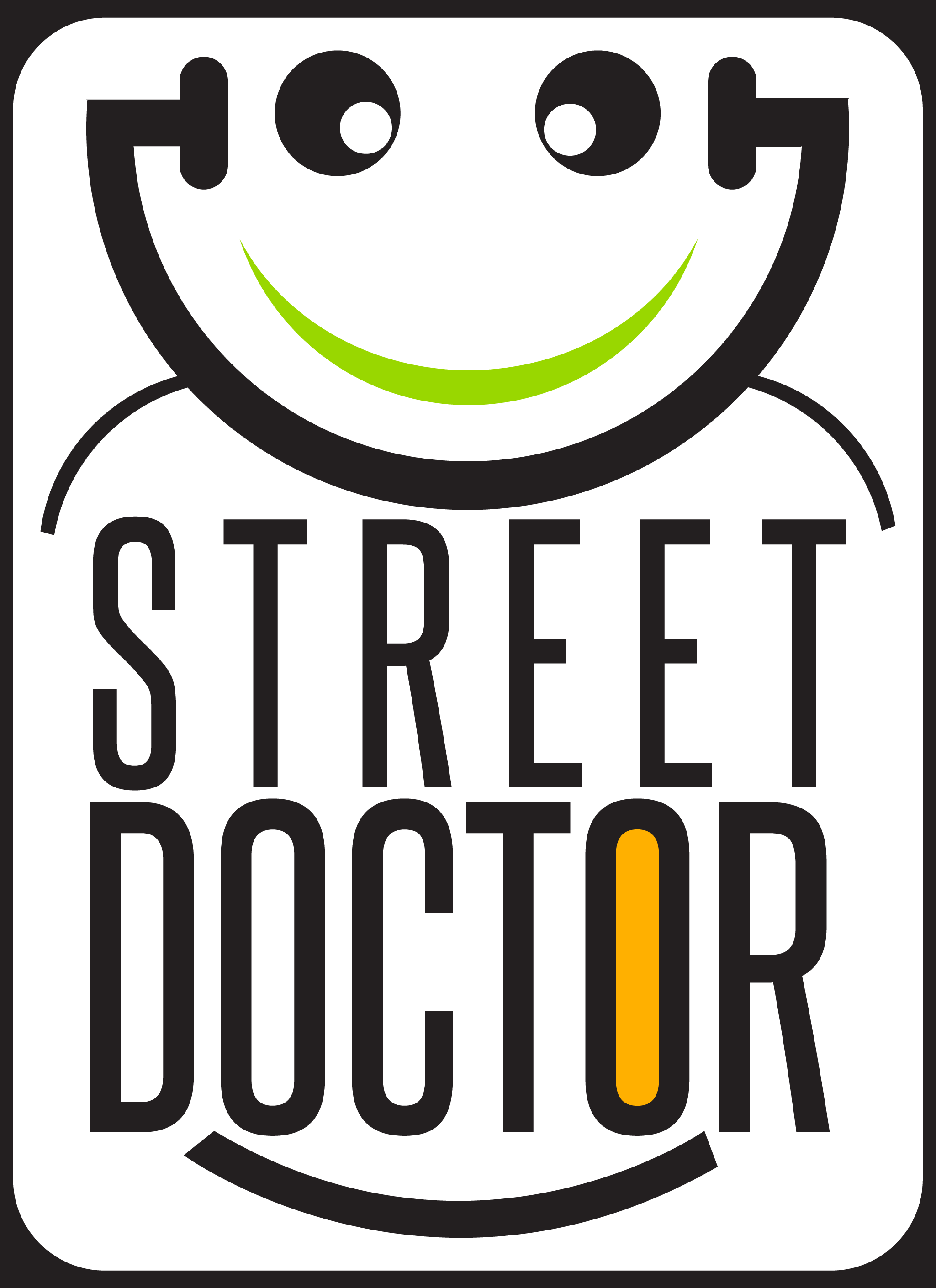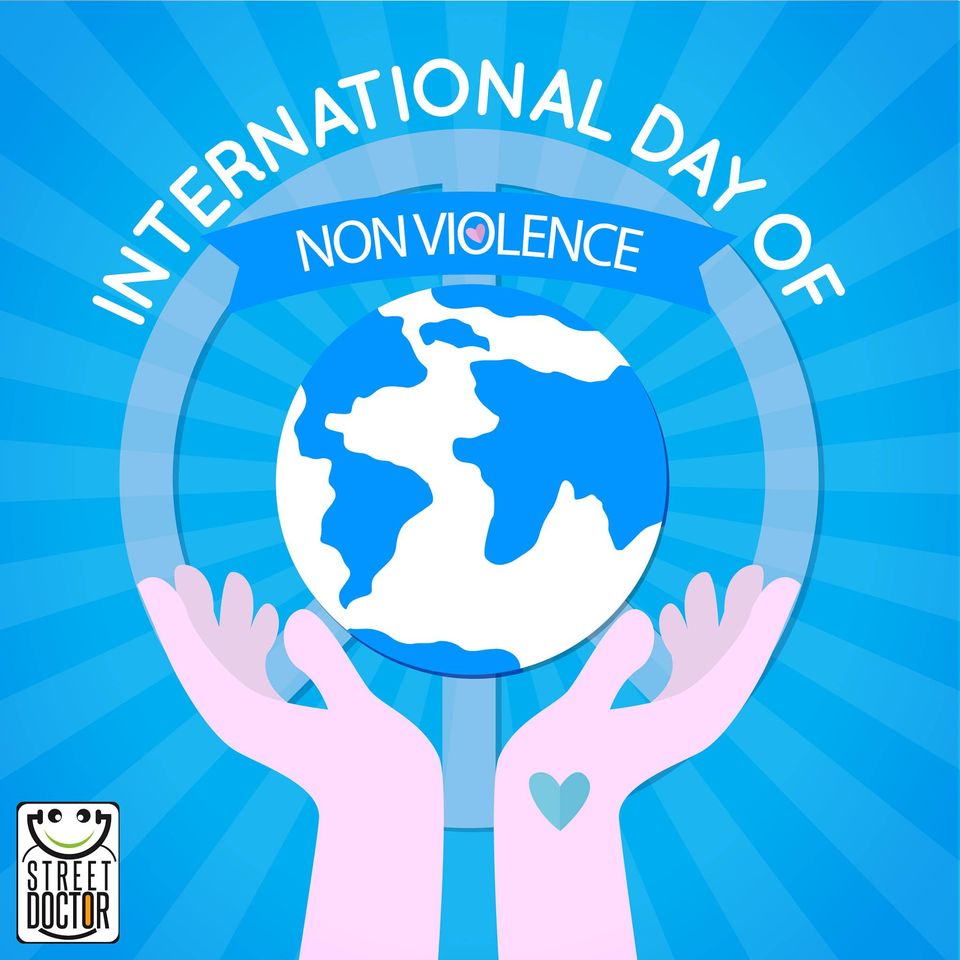Each year on 2 October, the United Nations celebrate the international day of nonviolence. It is marked to be at the birthday of Mahatma Gandhi, the pioneer of the philosophy and strategy of non-violence which was used as a powerful tool for social protest and political change. Gandhi was the leader of nonviolence struggle against British rule in India, with his immortal words “Non-violence is the greatest force at the disposal of mankind. It is mightier than the mightiest weapon of destruction devised by the ingenuity of man”.
Although not being a holiday -except for India- the international day of non-violence is being promoted by education and public social awareness. Many governments and private organizations observe the day through various events, such as podcasting, public lectures or street awareness campaigns. So in this manner, we would like to shed on some light on that day and its relation with neuroscience and mental health.
Violence has been defined by the WHO (world health organization) as “the intentional use of physical force or power, threatened or actual, against oneself, another person, or against a group or community that either result in or has a high likelihood of resulting in injury, death, psychological harm, mal-development or deprivation”
Violence is like any other behavior, is controlled by the brain. Our brain can use anger as a normal defense behavior, but in the extreme levels, it became dangerous, as violence activates brain circuits similar to that of addiction, so each aggressive action from domestic violence to suicide terrorism is a result of brain anger biology.
Aggressive behavior is linked to severe mental illness like schizophrenia or mania. And violent behavior can be predicted among acute psychiatric patients and more likely young age, male sex, history of substance addiction.
On the other hand violence itself can be the key factor of causing mental illness, studies showed that women who have been a victim of trauma such as physical or sexual abuse are vulnerable to have a mental illness. Domestic or partner abuse can trigger negative effects on the victim’s emotional and psychological state, causing Panic attacks, post-traumatic stress disorder, substance abuse, depression and anxiety
In the end, we would like to point out that violence costs result from its impact on a person’s life which is the most precious gift, so we give our support to anyone who experienced violence and hopefully one day, peace can fill our world.
يوافق اليوم ال ثاني من اكتوبر احتفال منظمة الامم المتحده باليوم العالمي لعدم العنف، وهو اليوم الذي ولد فيه مهاتاما غاندي رائد فلسفه لا للعنف و التي استخدمها كاداه قويه للاحتجاج المجتمعي والتغير السياسي، وقد تزعم غاندي النضال باستخدام عدم العنف ضد الاحتلال البريطاني للهند، ومن كلماته الخالده :”ان عدم العنف هو اعظم قوة لدى البشرية و انها اقوى من اقوى سلاح مدمر ابتكره الانسان”.
برغم عدم كونه يوم عطله رسمية – باستثناء في الهند – فان اليوم العالمي لعدم العنف يتم الترويج له من قبل منظمات حكوميه و غير حكومية بالانشطه التعليمية و التوعيه المجتمعيه. على سبيل المثال بث حي للانشطه و القاء المحاضرات العامه بالاضافه للتوعيه المجتمعيه للمواطنين في الاماكن العامه. ومن هذا المنطلق نود ان نلقي بعض الضوء على هذا اليوم وعلاقته بعلوم الاعصاب و الصحة النفسية.
تم تعريف العنف من قبل منظمة الصحة العالمية بانه ” الاستخدام المتعمد للقوة أو القوة البدنية ، سواء كان مهددًا أو فعليًا ، ضد نفسه ، أو ضد شخص آخر ، أو ضد جماعة أو مجتمع ينتج عنه أو يكون لديه احتمال كبير بالنتيجة في الإصابة أو الوفاة أو الأذى النفسي أو سوء النمو أو الحرمان “.
مثل أي سلوك اخر ، فان المخ هو من يتحكم في العنف، يمكن ان يستخدم الغضب كوسيله دفاعيه طبيعيه ، و لكن في بعض الحالات القصوى للعنف يصبح الامر خطير، فالعنف ينشط دوائر كهربيه بالمخ مشابهه لتلك الخاصه بحالات الادمان ، و بالتالي فيمكننا القول ان كل حالات العنف من العنف الاسري و حتى التفجيرات الانتحاريه هي نتيجه لبيولوجيا المخ.
في احيان كثيرة ، يرتبط السلوك العدواني بامراض عصبيه مثل الفصام أو الهوس ، بالاضافه الى انه يمكن التنبؤ بالعنف المستقبلي للمرضى و غالبا ما يرتبط الامر بالسن المبكرة و شائع اكثر بين الذكور ويزداد في حال وجود تاريخ ادمان للمخدرات.
من ناحيه اخرى، فان العنف في اغلب الاحيان هو من اعلوامل الرئيسية التي تسبب المرض النفسي ، فقد اشارت الدراسات الى ان السيدات الاتي تعرضن لصدمه مثل الاعتداء الحسدي او الجنسي عرضة اكثر للاصابه بامراض عقليه. ضحايا العنف الاسري او اساءة المعاملة من قبل الشريك قد تؤدي الى اثار سلبيه للحالة النفسية و العقليه للضحيه مما قد يسبب نوبات الهلع واضطراب ما بعد الصدمة و ادمان العقاقير والاكتئاب والقلق .
في النهاية نود ان نشير الى ان خسائر العنف تأتي من انه يؤثر على حياة الانسان و التي هي أغلى هبة من الله ، لذا فنحن نقدم دعمنا لجميع ضحايا العنف و نأمل يوما ما أن يعم السلام عالمنا.



